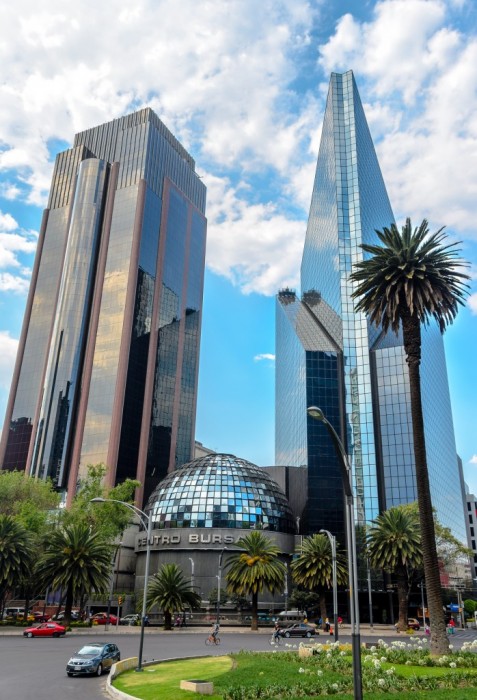Mexico and Germany deepen their collaboration on climate change and initiate a program that specifically focuses on the preparation of an emissions trading system (ETS) as a cost-efficient mitigation instrument.
Mexico is currently analyzing the launch of various instruments to reduce greenhouse gas emissions, including the establishment of an ETS, to achieve its Nationally Determined Contribution (NDC).
In order to support the Mexican government in developing and implementing this system, the Deutsche Gesellschaft für Internationale Zusammenarbeit (GIZ) GmbH on behalf of the German Federal Ministry for the Environment, Nature Conservation, Building and Nuclear Safety (BMUB) launched the program “Preparation of an Emissions Trading System in Mexico (MEX-ETS)” in September 2017. With duration of three years, it will support the Mexican government through three lines of action: 1) technical recommendations for the design of the ETS; 2) management and accompaniment of public and private sector stakeholders, as well as civil society; and 3) diffusion and exchange of experiences at an international level. The project is part of the International Climate Initiative (IKI). The Federal Ministry for the Environment, Nature Conservation, Building and Nuclear Safety (BMUB) supports this initiative on the basis of a decision adopted by the German Bundestag.

An ETS is a marked-based tool for mitigating climate change. It consists of establishing a maximum limit of greenhouse gas (GHG) emissions in which the companies trade emission rights. The goal is to reduce emissions over time by encouraging investment in clean and low carbon technologies. In this sense, collaboration is essential between various actors in the public and private sectors.
The government of Mexico and Germany agreed to collaborate on this matter in the intergovernmental negotiations that take place annually. Germany participates in the EU-ETS, which is the largest in the world to date. The collaboration between both countries seeks precisely to benefit from the good practices of Germany and other countries for decision-making in Mexico.

Mexico has experience in different carbon pricing mechanisms, such as a carbon tax which has been applied on the carbon content of fossil fuels since 2014. Also, it will soon develop a market exercise with the objective of simulating the operation of an ETS in the country that familiarizes the private sector with the operation of such a system.
The legal bases for the establishment of an ETS in Mexico can be found in the General Law on Climate Change, which directly authorizes the Mexican Ministry of Environment and Natural Resources (SEMARNAT) to develop an ETS. Currently, the institutional, technical and capacity instruments relevant to the establishment of a pilot of this system in 2018 are being developed. The system is hoped to operate by 2020, the year in which the applicability of the Paris Agreement begins.
